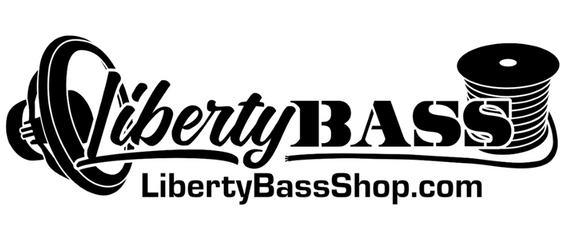If you’re into car audio and want to feel those deep bass drops, Bass Boost is your go-to feature. It’s designed to pump up the low frequencies in your music, making those bass-heavy beats hit harder and sound more intense.
Think of Bass Boost as a way to crank up the bass so it really stands out. It makes your subwoofers and speakers push out those deep sounds with extra power, giving you that awesome, rumbling effect you love.
Just keep in mind that turning up Bass Boost too much can mess with the sound quality and make things sound muddy. But when you use it right, Bass Boost can totally enhance your listening experience and make your music feel next-level.
Using Bass Boost can definitely make your music hit harder, but it’s not all about getting that extra punch. There are some risks you need to keep in mind:
-
Distortion: Cranking up the Bass Boost too much can cause distortion. That means the sound might get all fuzzy and unclear, which just ruins the music experience. Distortion happens because your speakers are being pushed beyond their limits, and they can’t handle the extra bass smoothly.
-
Overloading Your Gear: When you boost the bass too much, it puts extra strain on your speakers and amps. If your equipment isn’t built to handle this, you might end up damaging it. This can lead to blown speakers or even fried amplifiers.
-
Battery Drain: Going heavy on the Bass Boost can also put a lot of stress on your car’s electrical system. This can drain your battery faster, especially if you’re using it a lot while the engine isn’t running.
So, while Bass Boost can make your music sound awesome, you’ve got to be careful with it. Too much boost can cause distortion, which makes your music sound bad and can even damage your equipment over time. It’s all about finding that sweet spot where your music sounds great without pushing your gear to its limits.
We at LibertyBass don’t recommend using the Bass Boost knob as a volume knob. It’s tempting to just crank it up for more bass, but that’s not the right way to go. Instead, we suggest having a professional tune your amp to make sure everything’s dialed in correctly and your system isn’t getting overloaded.
If you’re more of a DIY guy, there are tools like the DD-1 that help you tune your system yourself. These tools make sure your amp is putting out a clean signal and that you're not pushing your speakers to the point where they distort or get damaged. With the right tuning, you can still get awesome bass without wrecking your gear. It’s all about getting the best sound while keeping your equipment safe!

